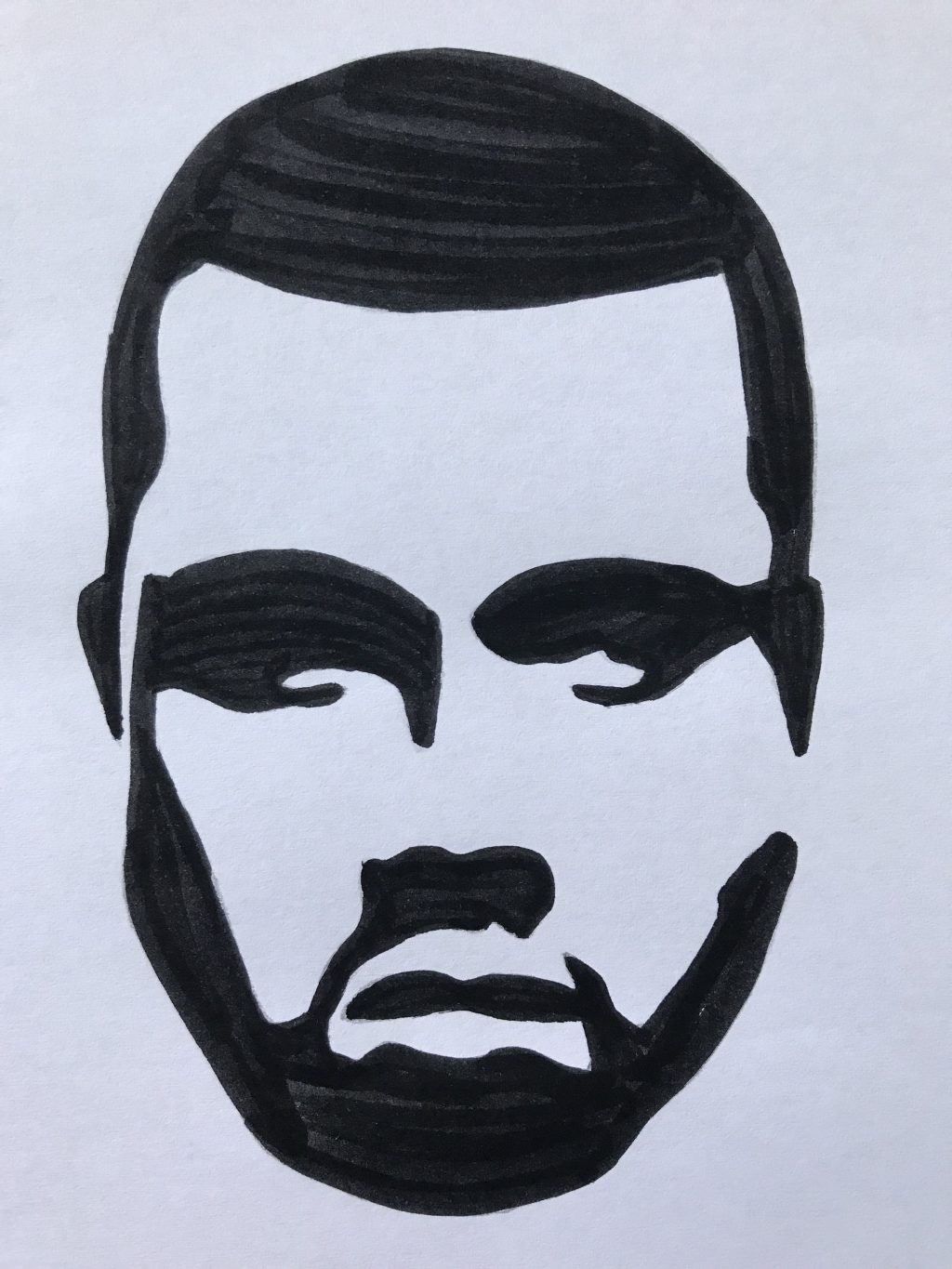In the midst of a live TMZ interview on May 1, rapper Kanye West told his interviewers, “When you hear about slavery for 400 years … For 400 years? That sounds like a choice.” Little did West know that his comments would fuel an ongoing debate about slavery and the chaos the system wreaked on its victims and their descendants. On that Tuesday, West began his interview by discussing Trump and MAGA, his struggle with opioid addiction, and the expression of free thought. Then, the interview cut to West saying that because slavery had gone on for so long, those involved or trapped in the system were there by choice, before he jumped to a point about mental prisons and how it unites white and black people as one race.
Immediately after speaking his mind on the issue, Kanye West faced backlash. His first “face-off” was against Van Lathan, a TMZ employee who expressed his disappointment in West for not realizing the limitations that being African-American in a discriminatory society could pose. He also expressed his frustration that the rapper was generalizing the struggles of a group of Americans (and immigrants) that often had no choice in what they had to do. During the video clip of the interview, Lathan says to West, “Frankly, I’m disappointed, I’m appalled, and brother, I am unbelievably hurt by the fact that you have morphed into something to me, that’s not real.” Besides Van Lathan, artist Stevie Wonder and numerous other historians such as Manisha Sinha have also called out West for his comments, although other figures such as West’s wife Kim Kardashian – as well as his huge swath of fans – have defended him.
To be fair, Kanye West does have a right to free speech, granted to all Americans through the First Amendment. But this certainly does not excuse what he said during that TMZ interview nor does it allow others to shake it off and move on. Based on what many students in RHS and across the country have learned in their history classes, it is evident that the struggles endured by so many slaves did not persist because the slaves made a “choice” to be taken into or stay in captivity and perform forced labor. And the deeper one studies the era, the more obvious it is that the torture and fear tactics of slave-owners, as well as the tiers of power in the system itself, are the forces that kept slavery going for those “400 years.”
West’s statements in the interview also are a disheartening example of how many Americans, regardless of their race, are still ignorant or not educated enough about the abuse and struggles millions of African Americans faced throughout the country’s history. Additionally, it’s also disappointing that some supporters such as wife Kim Kardashian are attempting to dismiss the severity of West’s comments. Dismissing backlash in a tweet by claiming that comments against her husband are attacks on his right to free speech is a terribly misguided viewpoint, especially regarding those that might simply be trying to educate Kanye West. Thus, it’s extremely important that people are educated in their homes and in schools so that even if they are initially prejudiced, people will think twice before they negatively judge trials and tribulations they haven’t ever experienced. Because celebrities such as West and other similar stars can have such a massive and loyal following, their words can heavily influence those of their young fans. And in this case, that is not a very ideal prospect for anyone.
To help this education process, teachers, for example, could try to incorporate such real-world current events into their curriculums to turn what may initially be seen as weird celebrity scandals into learning moments for the entire class. My own history class had a discussion about Kanye’s comments and the effect it could possibly have on this new growing generation. And at home, both students and parents could discuss slavery and West along with other underlying issues like racism and discrimination that lie beneath the surface.
Although everything will clearly not change overnight, being able to appropriately educate the current generations on such monumental issues and events of history will help us guide future generations for many years to come.
Eugene Park
staff writer
Graphics: Anika Tsapatsaris


I can see where your argument stems from, but you are sadly misinterpreting what Mr. West was saying. to start off when he says slavery is a choice, he is clearly not referring to the system of slavery that took place in america prior to the civil war. it is clear that those who were enslaved had no choice in fighting for their freedom. However, what Kanye is referring to is the ideological enslavement of african americans in modern america. Now you may ask who? well it is fairly simple, democrats. the narrative that the democratic party feeds to these african-americans is that they will help them and that republicans/conservatives are racists; thus, don’t vote for them. when this happens it forces a large group of people to take part in a social structure known as, “group think.” As a result, many people not just including blacks, tend to stick with the agenda of the group rather than to think on their own and use their own judgment. Moreover 80% of detroit’s population consists of African-americans, so when Democrats keep their control by telling africans americans to vote for them with propaganda, cities tend to go soft on crimes, establish hostile business environments, heavily tax the most productive citizens and set up huge pensions for their union friends. Simply put, as the environment gets worse to live in, democrats use the shambles of these cities to entice african americans to vote for them by saying they will make it better, when in reality it keeps getting worse and worse.